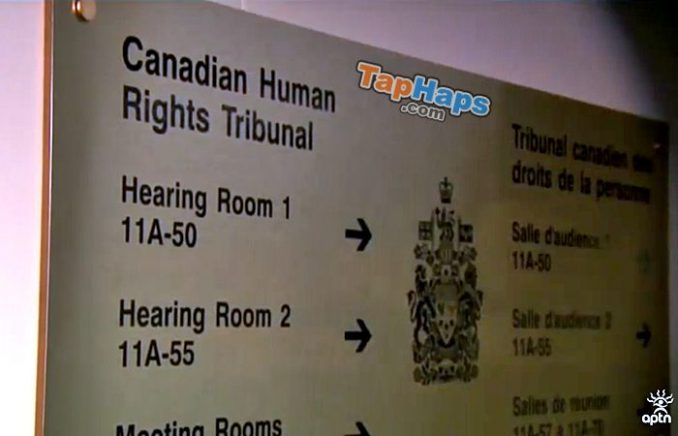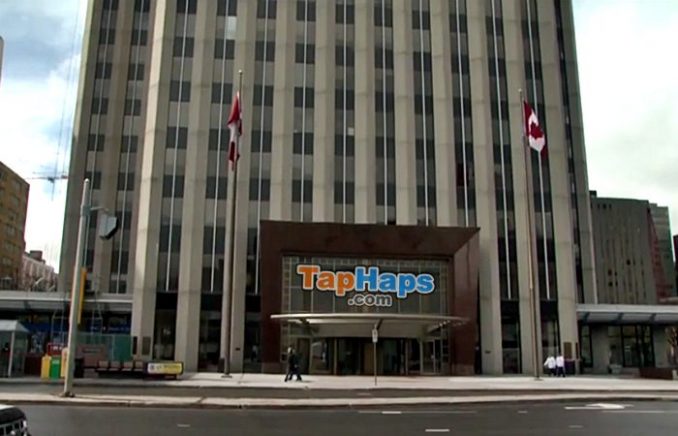After falsifying his legal status, Muhammad Haseeb was told that the company for which he interviewed would not be hiring him. However, after denying him the job for “lying” on his application, the company was ordered to pay the man $120,000 for a bizarre reason.

In an effort to lead the Western world in progress, Canada has established Human Rights Tribunals, which act as social justice councils apart from the legal system. They are allowed to hand down penalties for perceived human rights violations.
So, when Muhammad Haseeb was passed up for a job at a Canadian-based oil company, he made sure to file a complaint with the HRT for discrimination. Incredibly, it didn’t take long for him to walk away with the amount he would’ve been paid if he had been hired in the first place.

According to National Post, on his job application for Imperial Oil, Pakistani citizen Muhammad Haseeb claimed that he was a permanent Canadian resident, despite this being false. After a month of waiting for Haseeb to provide proof of his legal status, the company pulled the job offer and moved on to the next candidate.
Years later, the company, which employs thousands of people from all backgrounds, was informed that a complaint had been lodged by Haseeb with the Human Rights Tribunal of Ontario, claiming that he was owed a 4-year income due to discrimination. Incredibly, the tribunal seemed to agree.

The HRT ultimately ruled that Haseeb was entitled to lost wages totaling a whopping $120,000 for suffering under the company’s discriminatory hiring policy. Although the company argued that Haseeb was not hired based on the fact that he had lied on his application, the tribunal sided with the individual, The Star reports.
“My intent in this decision is not to excuse or condone dishonesty, or to suggest that an employer cannot terminate a person’s employment or refuse to hire a person due to dishonesty,” tribunal adjudicator Mark Hart wrote in his decision. “Rather, this decision is restricted to a person’s dishonesty solely in response to questions asked during the hiring process that are themselves found to be in violation of the (human rights) code.”
Although Haseeb was eligible to work in Canada for 3 years through a postgraduate work permit, he omitted this information and instead falsified his legal status on the application. Haseeb had recently graduated at a Canadian university with a degree in engineering, which provided him with a temporary work permit.

However, Haseeb didn’t disclose this information to the company, which may have ensured his qualification for the position. Instead, he falsified that he was a permanent resident, leaving the company to uncover his lie.
The committee, therefore, ruled that Haseeb’s lie was justified in order to avoid discriminatory treatment. Since the decision, Imperial Oil has changed its policy requiring applicants to provide any proof that they are eligible to work in the country on a permanent basis.

Muhammad Haseeb was finally granted over $100,000 in lost income as well as $15,000 in compensation for non-physical injury. The council stated that he was owed money for harm to his dignity, feelings, and self-respect.
Canadian human rights tribunals don’t have the authority to sentence individuals to jail. However, if individuals do not pay prescribed fines, they can be arrested and imprisoned for refusing to adhere to the council’s ruling. Disturbingly, the councils have left many in fear of violating rights that aren’t even outlined in the law and continuously change with each tribunal’s ruling.
Source: Tap Worthy Happenings
0 Comments